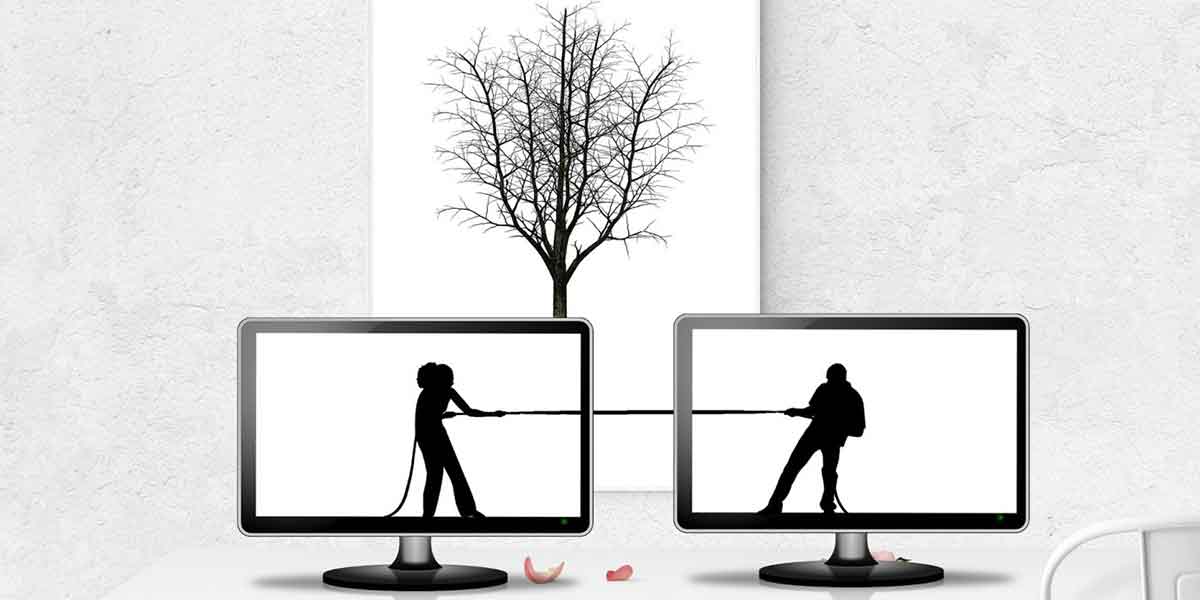We have liabilities that affect the business end of your life, and we have those that affect your personal life and family.
These liabilities will put at risk the assets that you own with your family, and might lead to attachment by creditors. The car might be repossessed or the house foreclosed.
Let us explore these liabilities and how they affect the asset protection plan.

Joint Ownership of Assets
One of the biggest pitfalls you can make is owning a property with your spouse. The mere act of dividing property between you and your partner can form the huge difference between losing the half that you own, or all that you own jointly.
Many couples purchase assets together when they get married; they do this on the advice of the realtor or the bank.
Let us say the husband is a pharmacist, and the wife is a teacher. The husband has a high-risk career while the wife has a low-risk one. If the husband does something wrong at work and is sued, the family home might be taken up to pay for the damages, since the name of the husband is on the title.
Another mistake is to hold bank accounts jointly. We have seen parents that add their kids as co-signers of an account so that they bypass the probate process when it comes to inheritance—a big mistake.
In joint account ownership, the law assumes that the bank accounts own 100 percent of the funds regardless of who contributed the money in the account.
Therefore, if a creditor sues one of the kids named on the account, he might be allowed to attach the funds for the debt, even if the debtor never put any money in the account in the first place!
The good thing is that using a trust can accomplish similar goals without putting the money at the risk of being attached by the creditor. For a bank account, talk to your asset protection attorney to learn about payable on death (POD) accounts and how they can help you.
Divorce
It is a well-known fact that the rate of divorce in the country is 50 percent, which means that 5 in every ten marriages end up in divorce. The biggest issue in divorce is the sharing of property. The general rule in New York is that the property that you acquire during the marriage belongs to both of you.
The rule also applies to the property that you come with to the marriage which appreciates during the marriage.
Prenuptial Agreements
To cancel any other rule on a property that relates to marriage, you can decide to come up with a prenuptial agreement. Make sure you put this in writing before you get married.However, know what the spouse won’t be disregarded in your will, even with a prenup in force. The law automatically allocates part of the assets to the surviving spouse even if she wasn’t in the will.Generally, you have two types of agreements that you can come up with – prenuptial and postnuptial agreements. The prenup is a less common form of an agreement because it is seen as an insult to the would-be spouse. It is usually ideal in a second or subsequent marriage when you feel you want your kids to be taken care of in the current marriage.
For a prenup to work, both of you must disclose your personal assets. Besides, make sure each one has an asset protection lawyer in attendance because the agreement will be legally binding.
The post-marital agreement is made when you are already married. The agreement defines which assets are exclusive for which spouse. It might also separate the marital property into an individual property for every spouse.
Credit Issues
These come up if you hold an account jointly, and you have a credit card assigned to your spouse. Divorce is a huge cause of bad credit, and if you aren’t in communication with your estranged spouse, you run the risk of accumulating debt. Talk to your creditors and inform them that you won’t be liable for any additional debts initiated by the estranged spouse.Liability for the Mortgage
After divorce, one of you usually remains with the house. Well, stay informed that divorce doesn’t remove this responsibility; you have to continue paying your part.Since this is a common-law property, if your ex-spouse defaults on the payment, the lender has the right to repossess the property.Final Words
Personal property needs to be protected, as well. Talk to your asset protection lawyer to know which options you have for protecting your personal home.






